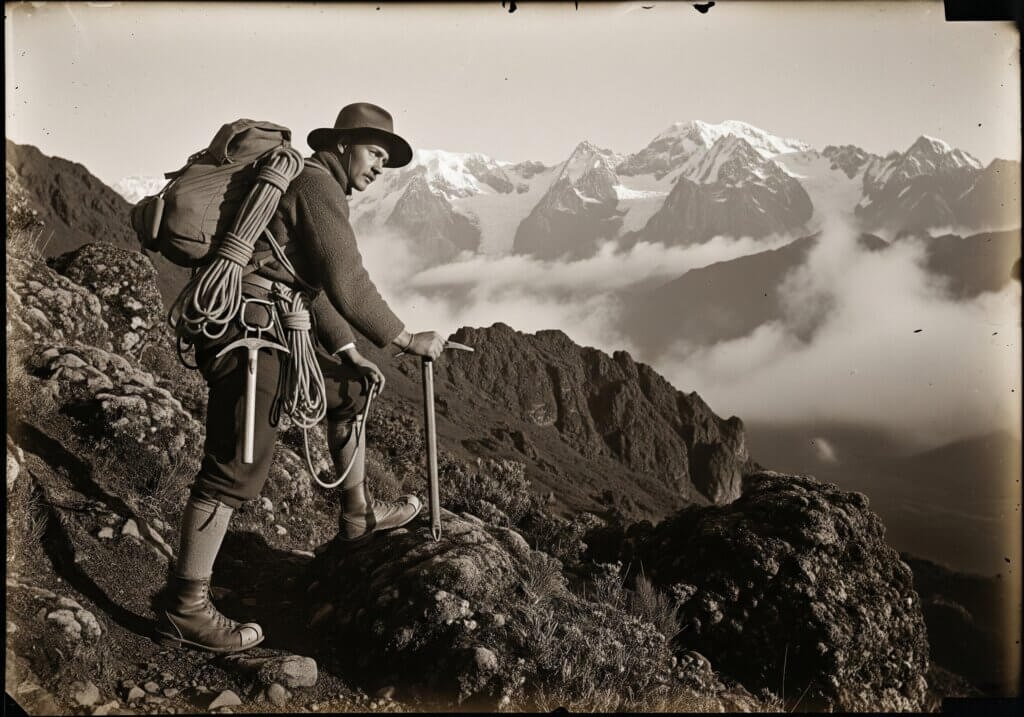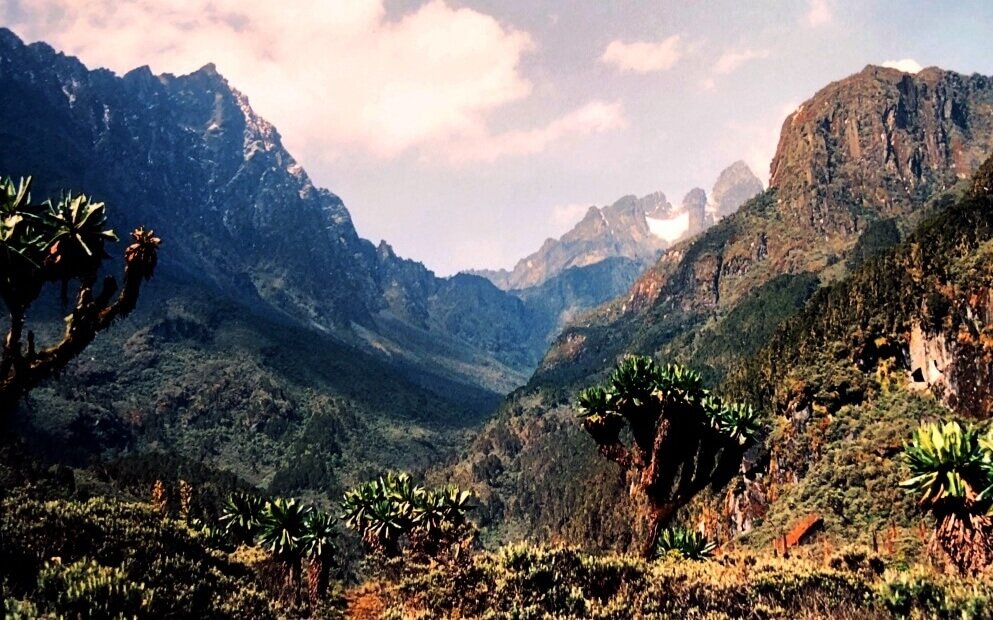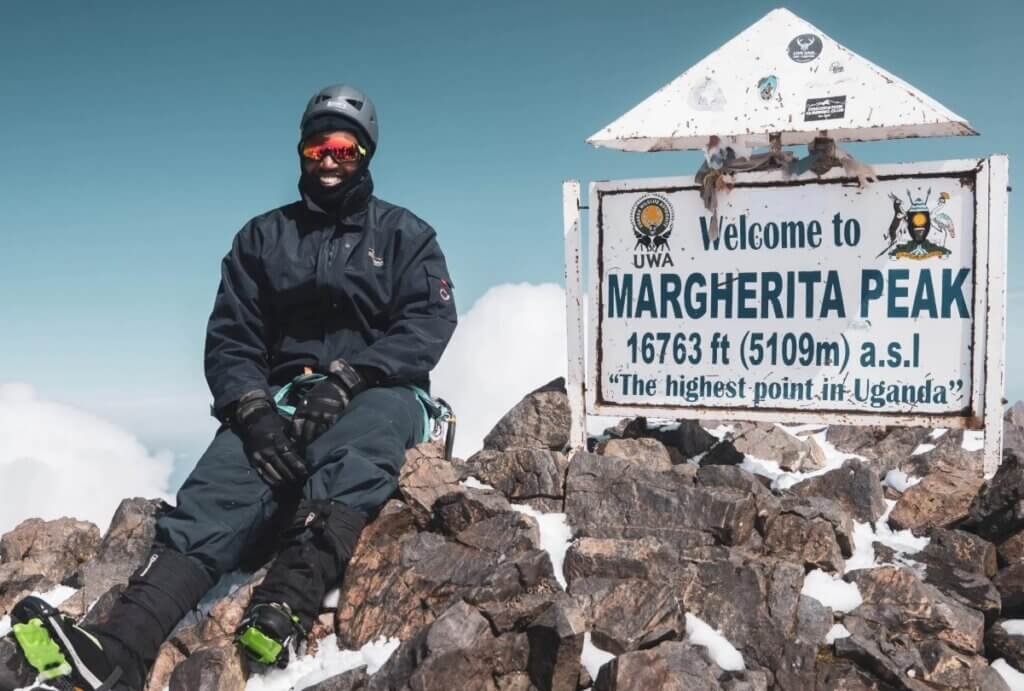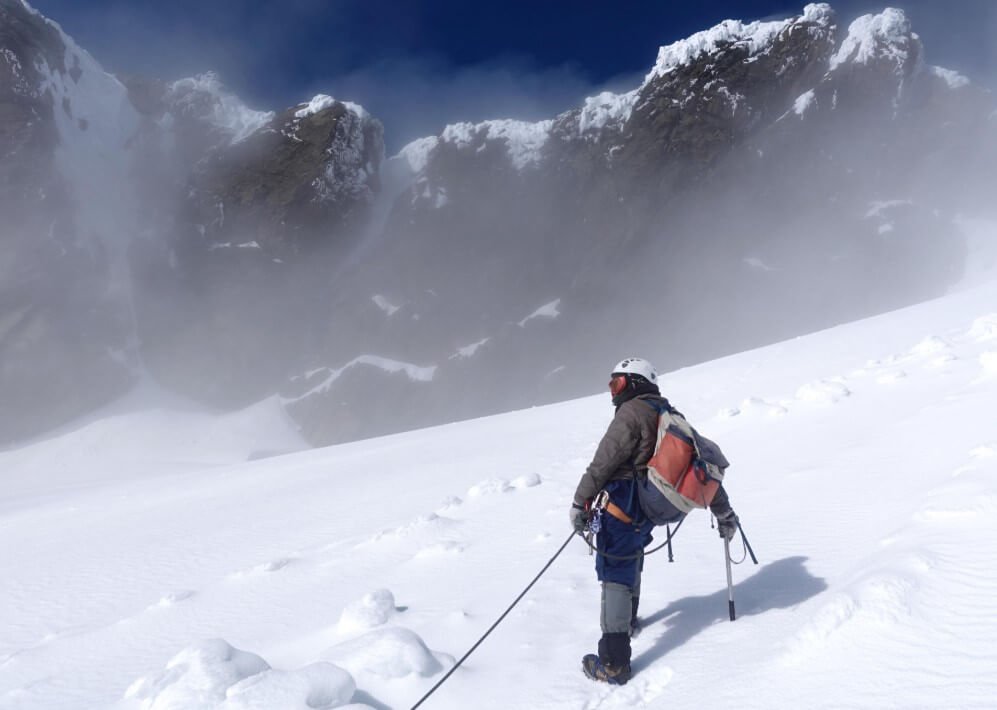Copyright © 2026 Uganda Horizon Safaris. All rights reserved.
Follow Us On :
Uganda Horizon Safaris – Explore the Legendary Mountains of the Moon
The Rwenzori Mountains, straddling the border between Uganda and the Democratic Republic of Congo, are a place of wonder, mystery, and challenge. Known since antiquity as the Mountains of the Moon, these peaks have inspired explorers, adventurers, and mountaineers for centuries. Today, Uganda Horizon Safaris offers you the opportunity to follow in the footsteps of those early pioneers — to journey from tropical rainforests to icy glaciers and, for the determined, to stand atop Margherita Peak, Africa’s third-highest summit at 5,109 meters.
The history of climbing the Rwenzoris is a fascinating story of discovery, endurance, and adventure — a tale that continues to inspire trekkers from around the world.
The first references to the Rwenzoris appear over 2,000 years ago. Ancient Greek geographer Claudius Ptolemy described a mysterious snow-capped range deep in Africa, whose meltwaters fed the River Nile. He called them the Lunae Montes — the Mountains of the Moon.
For centuries, these mountains existed only in legend, shrouded in clouds and mystery. Local Bakonzo and Bamba communities had their own rich folklore, viewing the mountains as sacred and home to powerful spirits.
It wasn’t until May 24, 1888, during his Emin Pasha Relief Expedition, that British explorer Henry Morton Stanley became the first European to confirm the Rwenzoris’ existence. From the shores of Lake Albert, he saw snow-covered peaks rising above the equatorial jungle — a sight that astonished the Victorian world.
Stanley named the range the Rwenzori, derived from a local word meaning “rainmaker,” in recognition of the heavy mists and precipitation that cloak the slopes.
The true climbing history of the Rwenzoris began in 1906 when an Italian expedition led by Prince Luigi Amedeo, Duke of the Abruzzi, undertook the first serious mountaineering exploration of the range.
The Duke, an accomplished alpinist, assembled a team of experienced Italian climbers and scientists. After weeks of arduous trekking through swampy valleys, steep ridges, and ice-covered passes, the team made history on June 18, 1906 by reaching the summit of Margherita Peak on Mount Stanley.
In honor of Queen Margherita of Italy, the peak was named after her — a name it proudly carries today.
Following the Duke’s success, the Rwenzoris began to attract adventurous climbers from around the world. However, the mountains’ remoteness, harsh weather, and difficult terrain meant that few attempted the journey. Expeditions required weeks of preparation, porters to carry supplies, and resilience to face rain, mud, and ice.
The glaciers were far larger in the early 1900s than they are today. Climbers would spend days crossing icefields that have now receded due to climate change.
Today, climbing the Rwenzoris remains a challenging but far more accessible adventure, thanks to improved trails, huts, and guiding services. The Rwenzori Mountains National Park, established in 1991 and recognized as a UNESCO World Heritage Site in 1994, protects the unique environment and ensures that trekking is conducted sustainably.
Uganda Horizon Safaris organizes expeditions that follow routes pioneered by early explorers but with modern safety equipment, knowledgeable guides, and logistical support. Climbers still face long days, steep ascents, and the possibility of rain or snow, but the rewards remain unmatched — panoramic views, rare alpine plants, and the pride of standing where the Duke of the Abruzzi once stood.
For modern trekkers, the Rwenzoris offer both history and adventure. Every step follows in the path of explorers and mountaineers who braved the unknown over a century ago. The landscapes they described — giant lobelias, towering groundsels, and mist-shrouded glaciers — still await those who venture into this remote wilderness.
Climbers can choose from several routes, the most famous being the Central Circuit Trail and the Kilembe Trail, each offering different perspectives of the mountains and their diverse ecosystems.
Summit Margherita Peak, Africa’s third-highest point.
Trek through five distinct vegetation zones — from rainforest to glacier.
Encounter rare wildlife and endemic plant species.
Experience panoramic views over Uganda and the Congo.
Follow in the footsteps of early explorers.
Many climbers enhance their Rwenzori adventure with other Uganda Horizon Safaris experiences:
Chimpanzee tracking in Kibale Forest National Park.
Wildlife safaris in Queen Elizabeth National Park.
Boat cruises on the Kazinga Channel.
Cultural visits to Bakonzo mountain communities.
Climbing the Rwenzori Mountains is more than a physical challenge — it’s an opportunity to be part of a living history. From Ptolemy’s legendary Mountains of the Moon to the Duke of the Abruzzi’s groundbreaking ascent, every trekker who reaches these heights adds their own chapter to this remarkable tale.
At Uganda Horizon Safaris, we invite you to write your own story in the Rwenzoris — to explore, discover, and stand where history was made. With expert guides, careful planning, and a spirit of adventure, you can experience one of the world’s most extraordinary climbs.
Contact us today to begin your journey into the heart of Africa’s most legendary mountains.




| Cookie | Duration | Description |
|---|---|---|
| cookielawinfo-checkbox-analytics | 11 months | This cookie is set by GDPR Cookie Consent plugin. The cookie is used to store the user consent for the cookies in the category "Analytics". |
| cookielawinfo-checkbox-functional | 11 months | The cookie is set by GDPR cookie consent to record the user consent for the cookies in the category "Functional". |
| cookielawinfo-checkbox-necessary | 11 months | This cookie is set by GDPR Cookie Consent plugin. The cookies is used to store the user consent for the cookies in the category "Necessary". |
| cookielawinfo-checkbox-others | 11 months | This cookie is set by GDPR Cookie Consent plugin. The cookie is used to store the user consent for the cookies in the category "Other. |
| cookielawinfo-checkbox-performance | 11 months | This cookie is set by GDPR Cookie Consent plugin. The cookie is used to store the user consent for the cookies in the category "Performance". |
| viewed_cookie_policy | 11 months | The cookie is set by the GDPR Cookie Consent plugin and is used to store whether or not user has consented to the use of cookies. It does not store any personal data. |